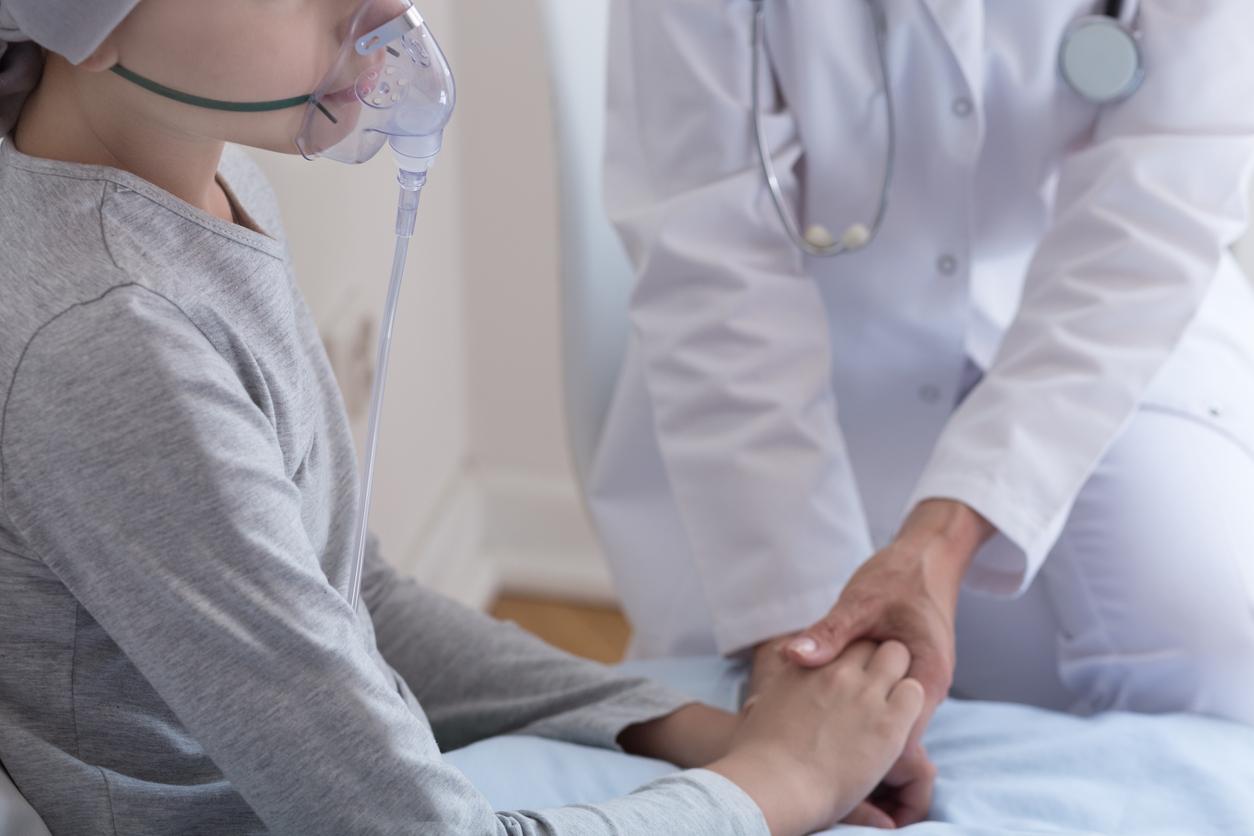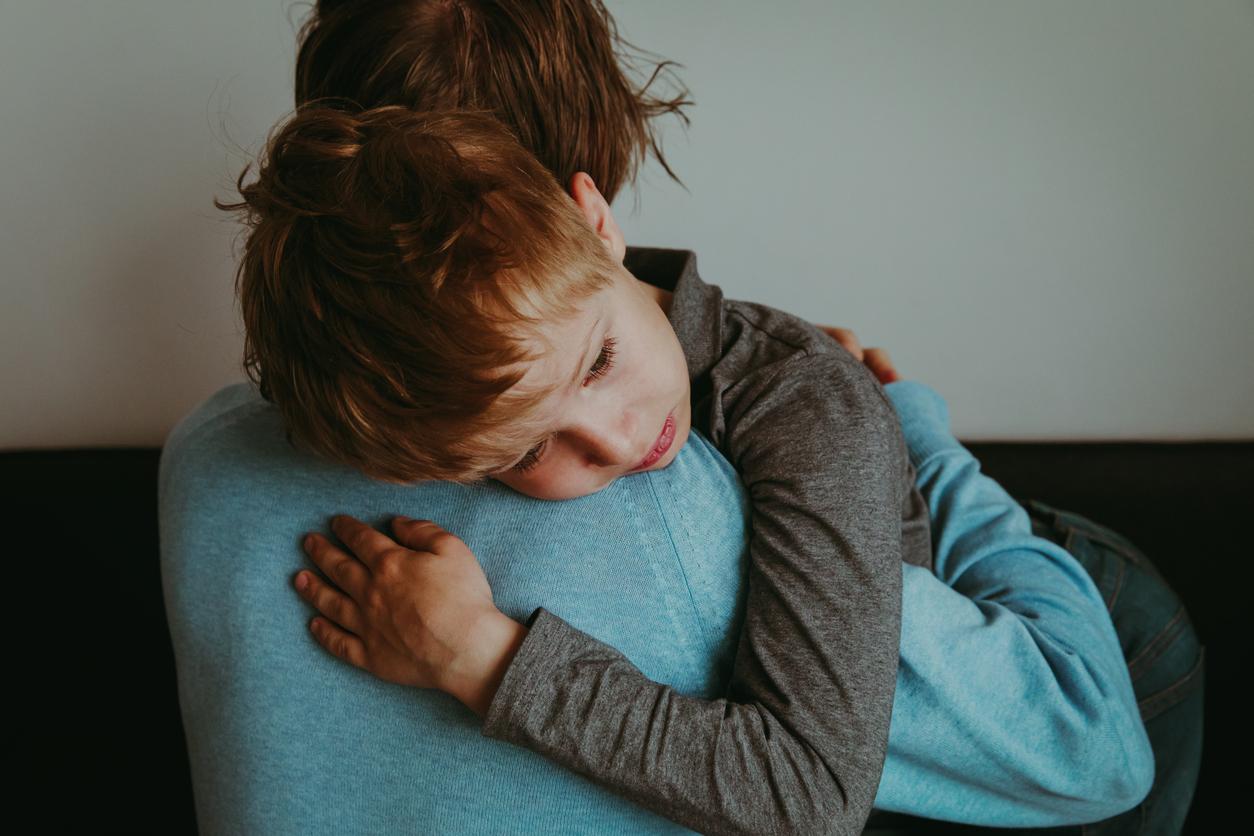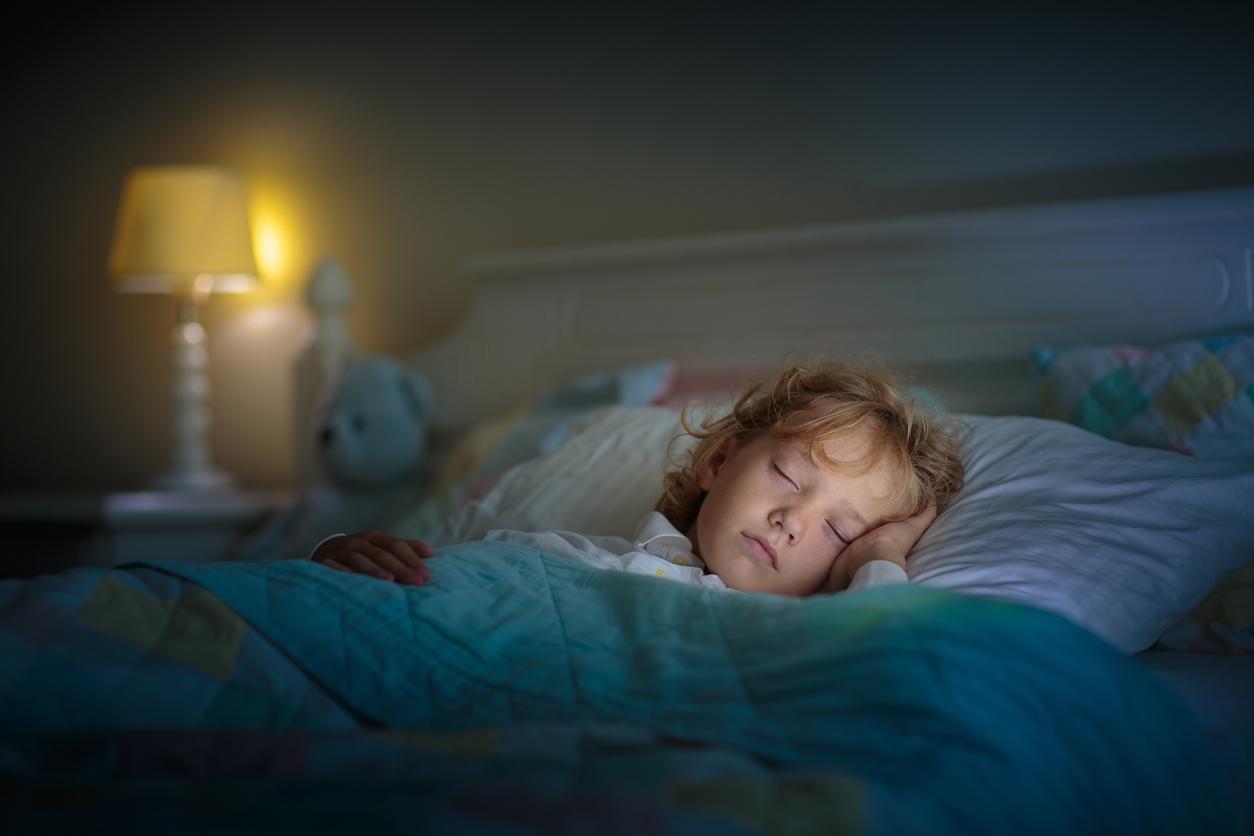When cancer strikes twice in the same family, how do you explain this situation to sick children and their siblings? How do you manage family upheaval and support your children in this difficult fight?

- Cancer can affect several members of the same family, although this remains rare.
- It is crucial to adapt your explanations to children according to their age and maturity.
- Maintaining open and honest communication, encouraging the expression of emotions and asking for help are essential to getting through this ordeal.
A childhood cancer diagnosis is a devastating ordeal for the entire family. When two siblings are affected by the disease, the emotional impact is even more intense. You need to support your children and manage the emotional impact. Although cancer is a rare disease in children, it can happen that several siblings are affected. This situation, although statistically rare, can be explained by genetic or environmental factors.
When a second child is diagnosed, parents face a new challenge: explaining the situation to the other children. This delicate task must be adapted to the age and maturity of each child.
For younger children, it is important to use simple and reassuring language, avoiding going into medical details. You can explain that your brother or sister is sick and will need treatment to get better. It is important to emphasize that it is not a contagious disease and that they themselves are not at risk.
With older children, it is possible to approach the subject more directly, explaining the type of cancer and the planned treatment. It is important to answer their questions honestly and encourage them to express their emotions.
Cancer in children of the same family is relatively rare, but it can occur under certain specific circumstances.
Genetic factors of cancer
1. Cancer predisposition syndromes: Some families have inherited genetic syndromes that increase the risk of various types of cancer. Some of the best-known syndromes include:
- Li-Fraumeni syndrome: Caused by mutations in the TP53 gene, this syndrome significantly increases the risk of several types of cancer, including brain cancers, sarcomas, and leukemias.
- Neurofibromatosis type 1 (NF1): Associated with tumors of the nervous system and sometimes other types of cancer.
- Beckwith-Wiedemann syndrome: Linked to an increased risk of embryonal tumors such as nephroblastoma (Wilms tumor).
2. Specific mutations: Inherited mutations in certain genes can increase the risk of childhood cancers. For example, mutations in the BRCA1 and BRCA2 genes, although primarily associated with breast and ovarian cancers in adults, can also increase the risk of certain cancers in children.
Environmental factors and lifestyle
Although environmental factors and lifestyle play a larger role in the development of cancers in adults, some environmental exposures can also affect children. However, these cases are much less common than those related to genetic factors.
Medical monitoring and early diagnosis
Children from families with a history of cancer predisposition syndromes should be closely monitored by health professionals. Early detection and regular monitoring are essential to manage risks and intervene promptly if tumors develop.
Although childhood cancer is rare, it is more likely in families with genetic cancer predisposition syndromes. If you have a family history of cancer or concerns about your children’s cancer risk, it is important to consult a geneticist or specialized oncologist. They can recommend genetic testing and appropriate monitoring to manage and reduce potential risks.
Managing the emotional impact
A diagnosis of cancer in a child disrupts the family balance and causes strong emotions in all family members. It is important to create a space for dialogue and to encourage the expression of feelings, whether sadness, anger, fear or incomprehension.
Parents must also take care of themselves and not hesitate to ask for help from those around them, from mental health professionals or from associations supporting families affected by cancer.
The importance of support
Support from loved ones is crucial to help sick children and their siblings through this ordeal. Families can also find comfort and advice from associations that specialize in supporting children with cancer.
While cancer can affect multiple members of the same family, it is important to remember that each situation is unique. Support for sick children and their siblings must be tailored to each case, taking into account their age, maturity, and emotional needs. Maintaining open and honest communication, encouraging the expression of emotions, and asking for help are essential to getting through this ordeal and emerging stronger.
In addition to this article, here are some resources for concerned families:
- Childhood and Cancer Association: https://enfant-et-cancer.org/
- ARC Foundation for Cancer Research: https://www.fondation-arc.org/

















